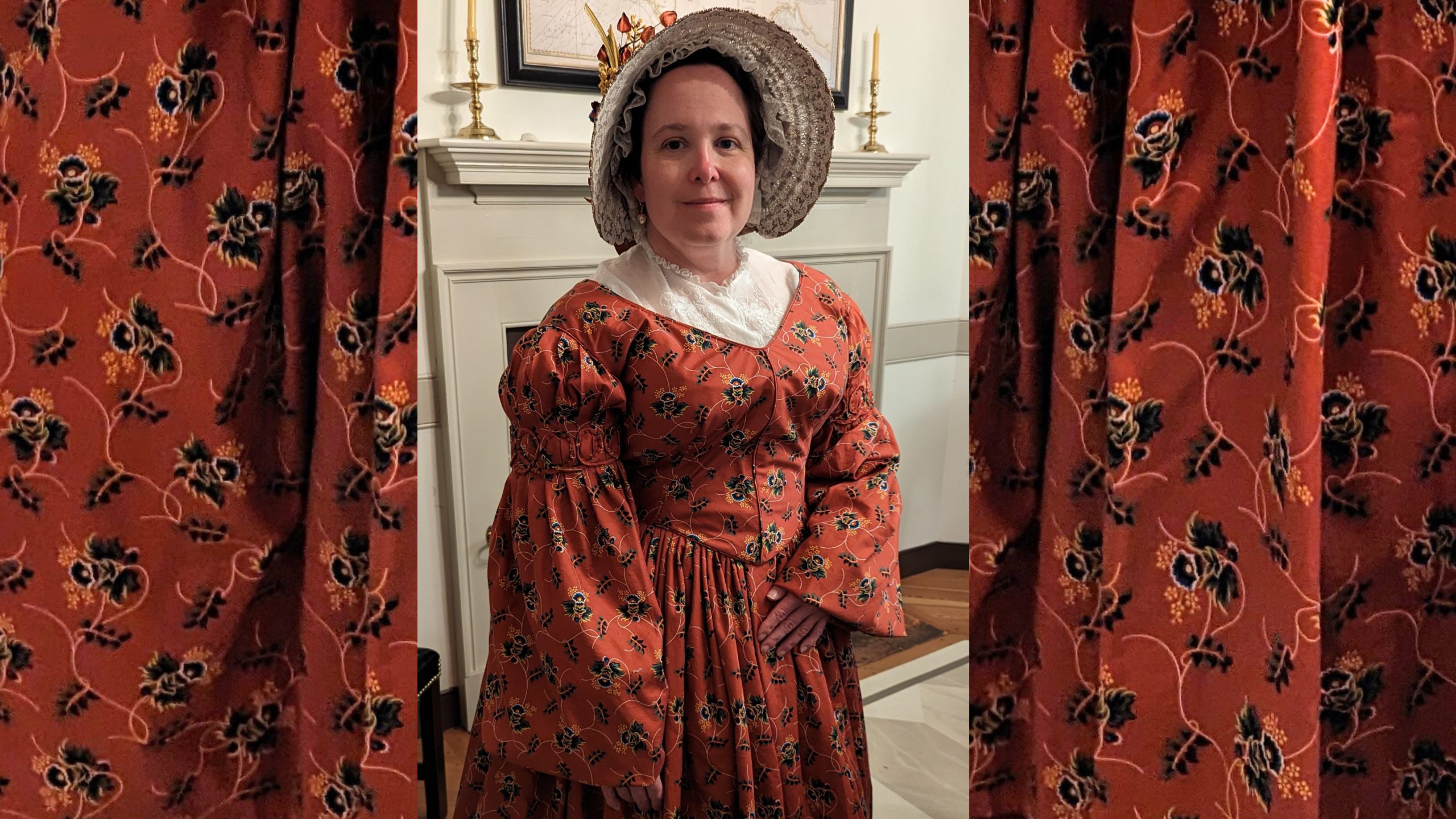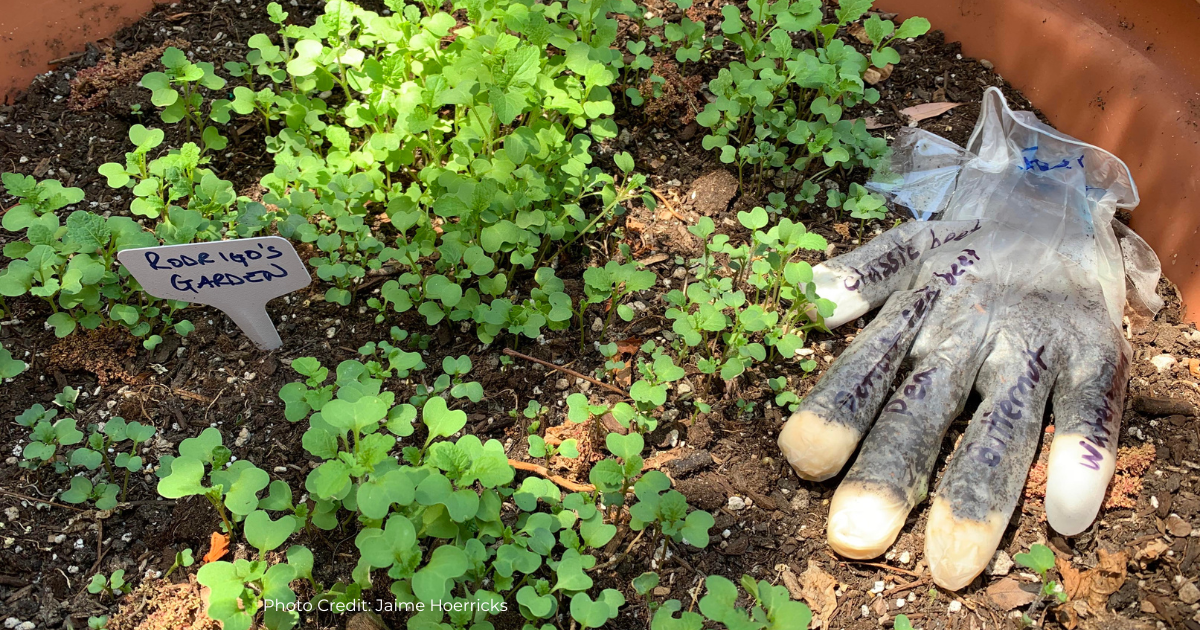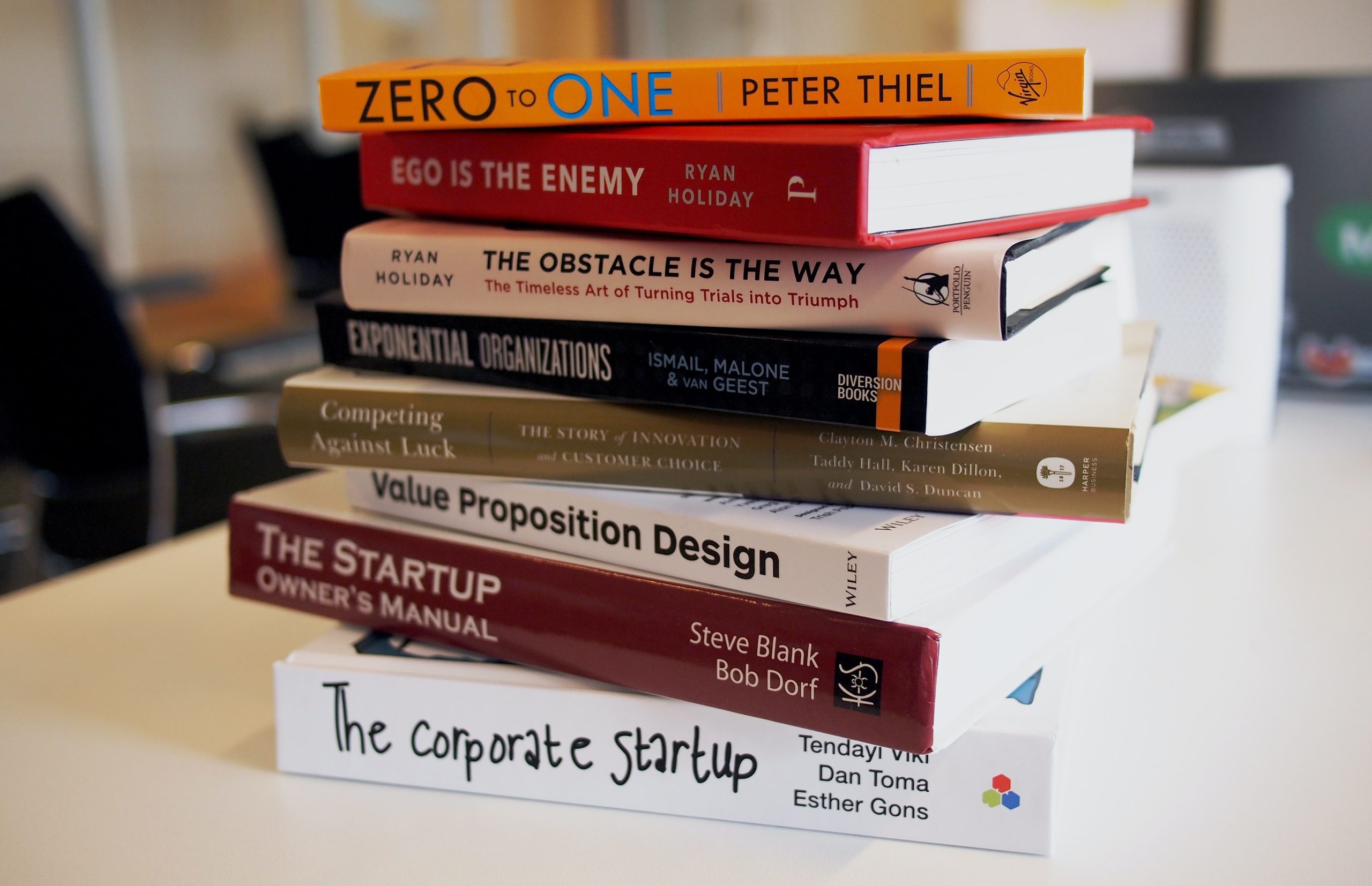The Ongoing Epidemic of Violence Against American Indian and Native Women & Girls
Violence against American Indian and Alaska Native (AI/AN) women is ongoing in the U.S. – and it’s personal for Lara Neel and Lisa Neel. On February 13, 1872, their grandfather’s great-grandmother was murdered. Today, they use their historic dressmaking work to tell a woman-focused, Cherokee-centered story that has relevance today.





